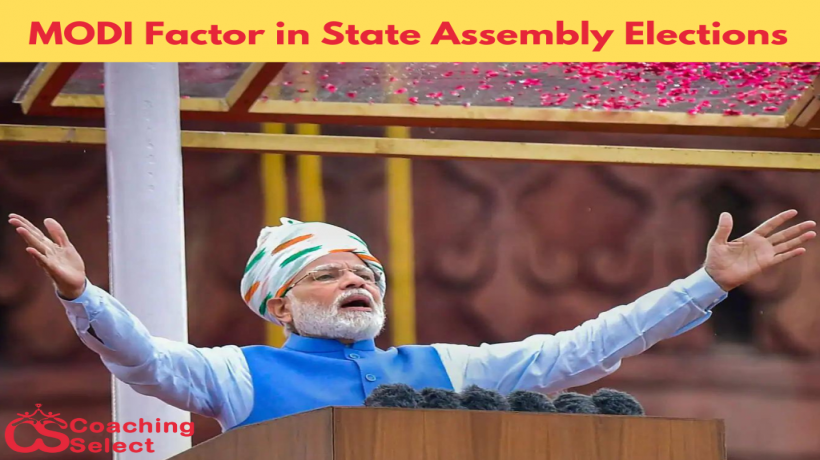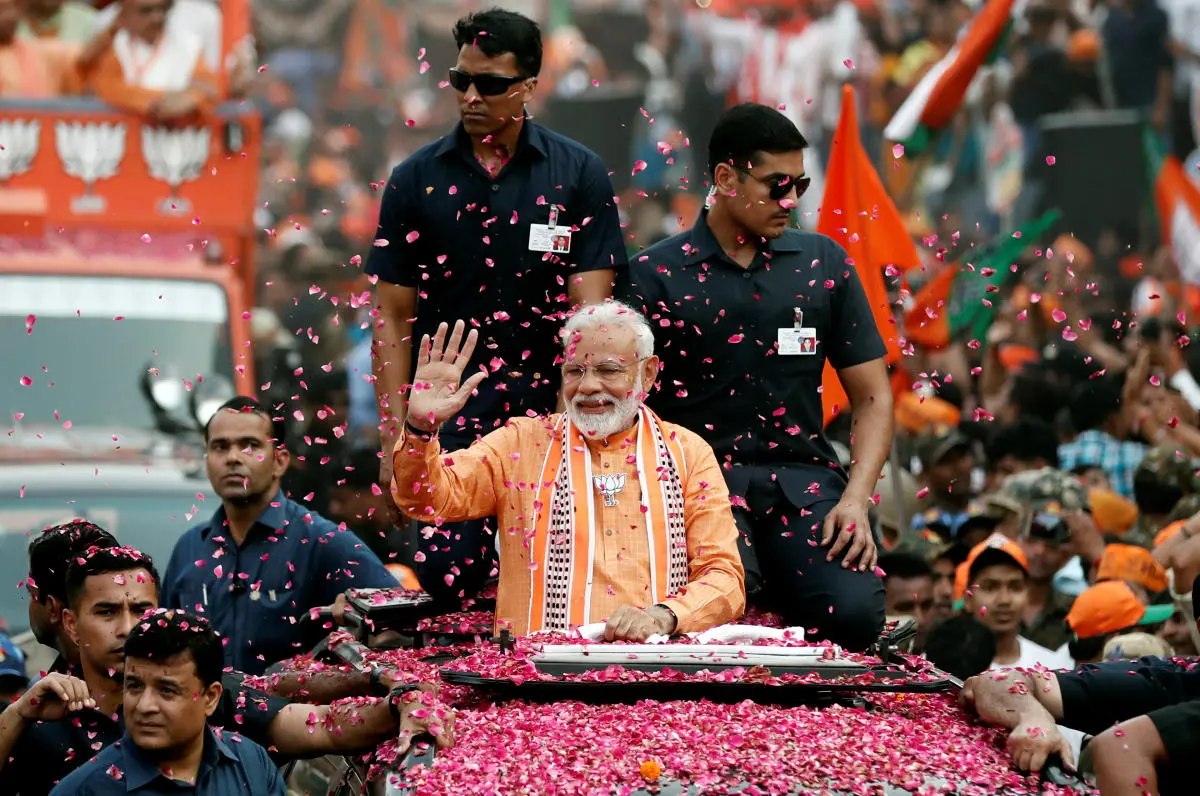Modi Factor and Influence in State Assembly Elections
Victory of Prime Minister Narendra Modi's BJP Party in 3 states during state assembly elections Nov 2023 shows the dominance of Modi in Indian Politics.
December 05, 2023
Career Expert & Blogger

Introduction
Prime Minister Narendra Modi's dynamic leadership has been a defining influence in the ever-changing Indian political environment. Across the nation, the "Modi factor" has had a major impact on election results; this influence is most noticeable in state assembly elections. BJP has won the state assembly elections 2023 with majority of seats in 3 states of India- Rajasthan, Madhya Pradesh and Chhatisgarh. With numerous electoral rallies in Rajasthan, Modi's influence is also seen in the results declared on 3rd December. This blog aims to disentangle the intricacies of the Modi factor and its influence on the varied political terrain of India.
The Rise of Modi

The ascent to prominence of Narendra Modi is an amazing story of political savvy and widespread appeal. Modi has developed a strong political brand throughout his time serving as Gujarat's chief minister and as India's prime minister. A sizable portion of the voters has responded favourably to his direct leadership style and potent nationalistic rhetoric.
-
Personal Appeal:
Modi's personal charm is a powerful element that cuts across geographical divides. His capacity to engage the public via persuasive storytelling and good communication makes him a popular choice in state elections. His vision for a more powerful and wealthy India appeals to voters.
-
Nationalistic Agenda:
Voters have responded favourably to the Modi government's emphasis on nationalism, security, and a robust foreign policy. This broad nationalistic agenda frequently becomes the main focus of state elections, with people viewing a BJP victory as a mandate for a safe and united India.
-
Development Agenda:
Voters in all states have been drawn to Modi's governing style because it places a strong emphasis on infrastructure projects, economic growth, and development. In state elections, the slogan "Sabka Saath, Sabka Vikas" (Development for All) becomes a focal point.
-
Party Machinery:
Under Modi's direction, the Bharatiya Janata Party (BJP) has made significant investments to develop a strong internal party apparatus. Modi's popularity and this well-oiled electoral machine have shown to be a potent mix in state assembly elections, when local organisation is essential.
-
Polarization and Populism:
There are moments when the Modi factor crosses over with populist and polarising aspects. Identity, religion, and populist policies are major themes in several state elections. The success of the BJP under Modi is partly attributed to its ability to handle these problems while retaining a wide appeal.
Challenges and Criticisms
The Modi factor has faced its share of difficulties and critics despite its political achievements. The hyper-personalization of politics surrounding Modi, according to his detractors, threatens the democratic ideals of a varied and diverse nation. Concerns have also been expressed over the party's centralization of decision-making and power consolidation.
Conclusion
India's political landscape is still largely shaped by the Modi factor, especially when it comes to state assembly elections. It will be essential for the charismatic leader to strike a balance between local issues and nationalistic appeal as he negotiates the complexity of varied regional dynamics. The changing story of the Modi factor is still one of the most intriguing parts of Indian politics, and its effects will be watched carefully in the years to come.



